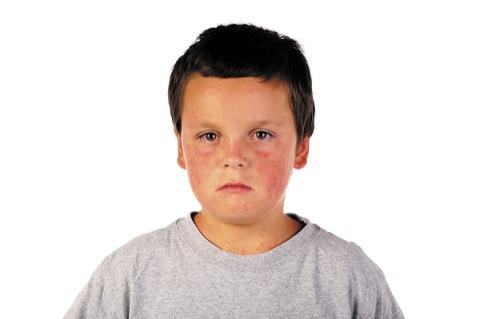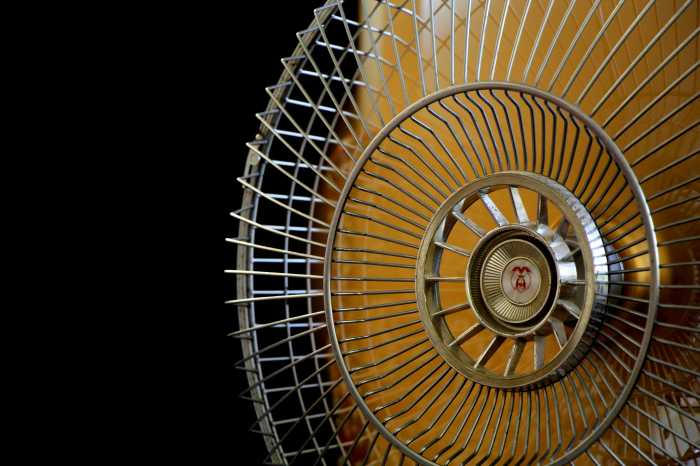A virus that was almost vaccinated into extinction in the U.S. is making a comeback in Brooklyn.
Officials at the city’s Department of Health and Mental Hygiene (DOHMH) sent out an alert last week warning borough doctors of a measles outbreak.
City officials said that at least 11 cases of the measles have been reported in the last two months. Investigators were also looking into a possible 12th case.
Nearly all of the cases have been clustered around Williamsburg and Borough Park, city officials said.
“Still we don’t want to marginalize this,” a DOHMH spokesperson. “This is a citywide concern.”
The concern is so strong that the DOHMH is urging borough doctors to “promptly report suspected cases to the agency.”
City officials are also pushing the importance of scheduled MMRV (measles−mumps−rubella−varicella) vaccinations that are routinely given to children at 12 months and at four years.
Officials said that nearly all of the cases involved children who were unvaccinated.
Since the vaccinations are 95 percent effective and children are required to get two MMRV shots before they are accepted into city schools or day care centers, to have a child contract the measles is quite rare in both the city and the country.
“I have personally never seen a case of the measles,” Dr. Stephen Turner, Division Chief of General Pediatrics for Long Island College Hospital explained, adding that, including his residency, he has been practicing medicine for the last 15 years. “It shows how effective the vaccine is.”
However, vaccine rates have dropped over the last few years because of its alleged links to autism −− a concern that Dr. Turner said has yet to be scientifically proven.
Still, MMRV vaccinations are still the only way to thwart the measles.
“The only way to prevent measles is to get vaccinated or to completely avoid other people,” Dr. Turner said. “It is incredibly contagious. You don’t even have to be in direct contact with a sufferer. All you have to do is walk past them on the street. If they sneeze or cough at the right time and your child is not immunized, they can catch it.”
According to the DOHMH alert, measles cause fever, rash, cough, runny nose and red eyes. As many as one in three children with measles develop complications such as diarrhea, ear infection or pneumonia. Some children have to be hospitalized and one out of 1,000 children have died from the virus.
Younger children and those with weakened immune systems are the most likely to suffer severe illness, DOHMH officials said.
The contracting rate is also quite virulent. An exposed child comes down with the symptoms within eight to 12 days, but can be contagious after just five days.
Immunizations have been so effective in combatting the virus that indigenous measles were declared to have been eliminated in North, Central and South America in 2002.
Most of the outbreaks seen in the U.S. today originate in other countries, explained Dr. Beth Raucher, Chief Medical Officer of Lutheran Medical Center in Sunset Park, who said that MMRV vaccinations are just as important as yearly flu shots.
“The cases that we see today tend to be imported cases,” Dr. Raucher said. “A child is exposed some place outside the U.S. where the vaccination rate is not so high. They then come here, where they infect a young child who hasn’t been vaccinated or a child whose parents have delayed the vaccinations.”
“In these cases, all of the children who are not vaccinated could come down with the virus if someone brings it into the neighborhood,” she said.

























